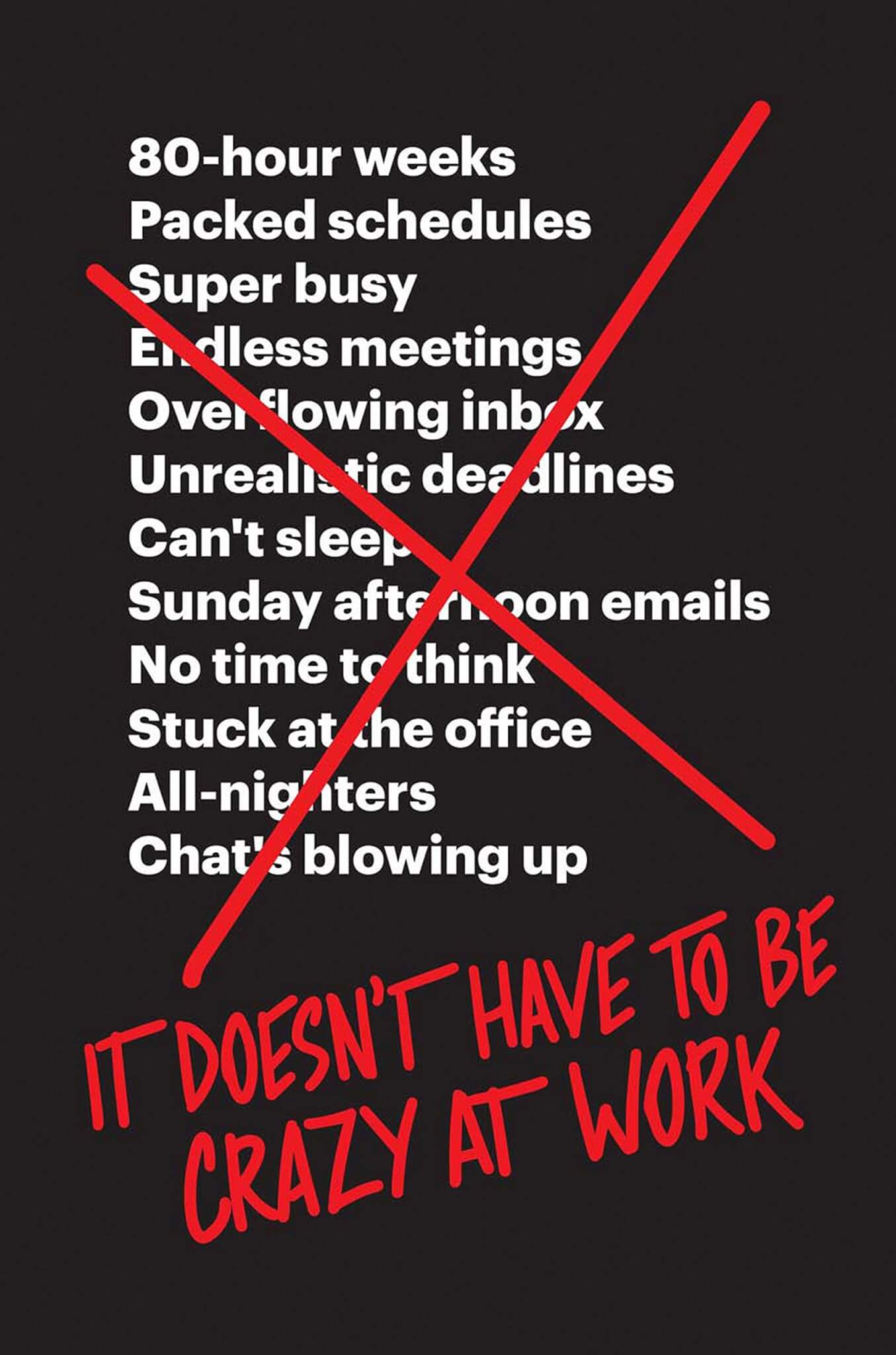Do you send emails after 5:30 pm? Suggestions on business email from “It Doesn’t Have to be Crazy at Work”.

“It doesn’t have to be crazy at work” is a book full of nuggets of wisdom that can change your life and that of those who work with you.
Seriously, every single suggestion they give not only makes sense to me, but I’ve also applied most of them over the years as a business leader and in recommending them to clients for their own businesses and organisations.
Take a look at the first few ideas I’ve recalled from memory from reading the first half of the book today.
If any or all of these resonate for you, apply them. Now.
If you would like to talk over ways to lead on these and ensure smooth implementation, talk to me, I love to support leaders on this type of simple yet transformative change!
So, in addition to not sending emails after 5:30 pm, a smattering of other nuggets from the first half of the book. (These are from memory, not verbatim!):
- Don’t use out of office emails, people don’t need to know where you are all the time (or any of the time as long as you get work done)
- Keep “office hours” to answer queries for colleagues and, likewise, don’t expect them to always be available to you at the drop of a hat
- Being always responsive to emails is the death of effectiveness. Treat all communications as non-urgent as they get in the way of work (unless they truly are urgent)
- Work an 8 hour day, don’t work evening and weekends. Doing more than that regularly is not going to create your best work. Oh, and if you hire a professional to do their best work, ask them how many hours they work too. Anyone doing client work for you as a client after 12+ hours in a day is not doing their best work
- No shared calendars. If they want to book a meeting with you (and avoid meetings at almost all costs), they have to work hard to get one as, again, it distracts from real work.
Buy the book. Oh, and if any of the suggestions feel like a) they don’t make sense, and/or b) you can’t apply them in your workplace, then I do recommend talking to me or someone else who can coach you around this. Your reasons “why not” may well be valid, or perhaps they are based on fear. You know, “F.E.A.R” can mean “false expectations appearing real” 🙂
